Dutch Prime Minister Mark Rutte’s Interest in Karnataka’s Semiconductor Sector
Exploring Investment Opportunities in Karnataka
Dutch Prime Minister Mark Rutte’s recent visit to Bengaluru, India, following his participation in the G20 Summit in New Delhi, has sparked interest in the burgeoning semiconductor sector in Karnataka. Rutte, accompanied by a business delegation, engaged in discussions with both Indian and Karnataka state governments to explore opportunities for Dutch companies to establish a stronger foothold in this crucial industry.
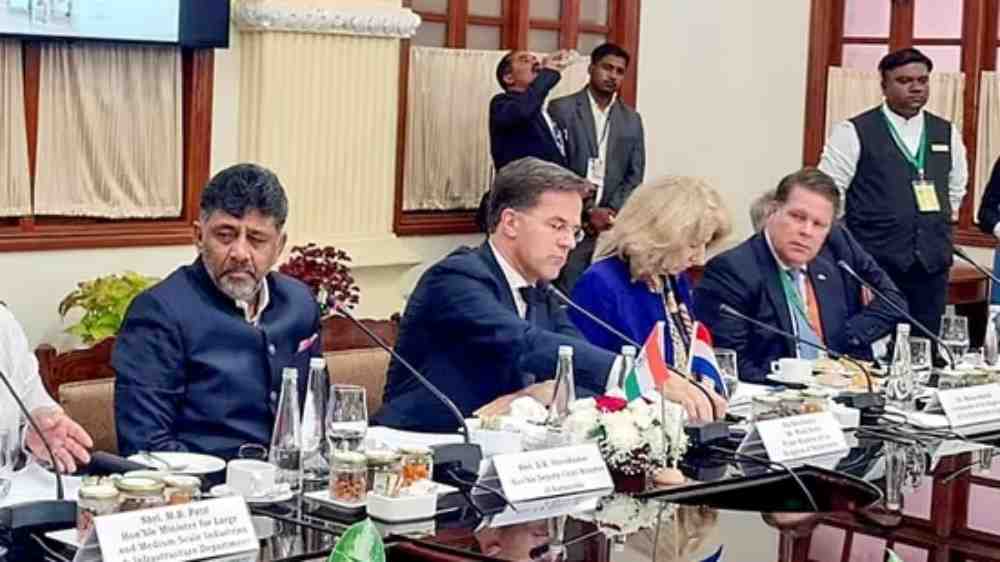
Expanding Dutch Presence in Karnataka
During his visit, Rutte expressed his eagerness to deepen collaboration between the Netherlands and Karnataka, a state that already hosts over 25 Dutch companies. Karnataka is an industrial powerhouse in India, known for its robust presence in sectors like IT and BT (biotechnology), making it an attractive destination for investments. Currently, Karnataka accounts for 9% of Dutch investments in India, and the Prime Minister’s visit aims to further strengthen this economic relationship.
The Semiconductor Industry in Karnataka
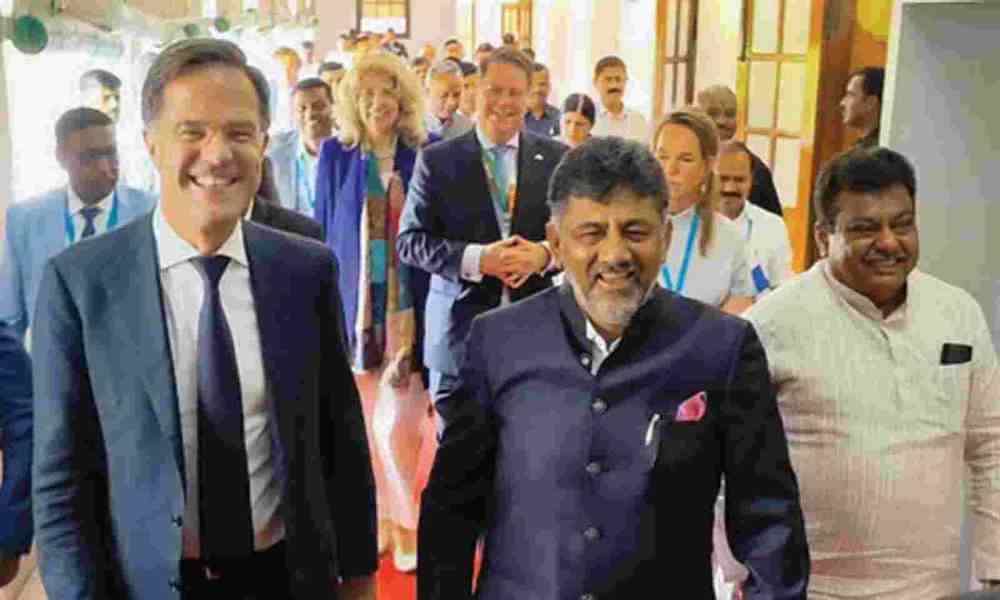
Karnataka has already positioned itself as a significant player in the semiconductor industry. The state hosts key semiconductor players like Intel, Samsung, and Texas Instruments, reflecting the region’s technological prowess. These companies have contributed significantly to Karnataka’s reputation as a hub for cutting-edge technology and innovation.
Karnataka’s Semiconductor Policy
To encourage further investment in the semiconductor sector, the Karnataka state government introduced a semiconductor policy in 2021. This policy is designed to create an enabling environment for semiconductor manufacturing and design. It offers incentives such as capital subsidies, interest subsidies, and support for land acquisition, aiming to attract semiconductor companies and boost the sector’s growth.
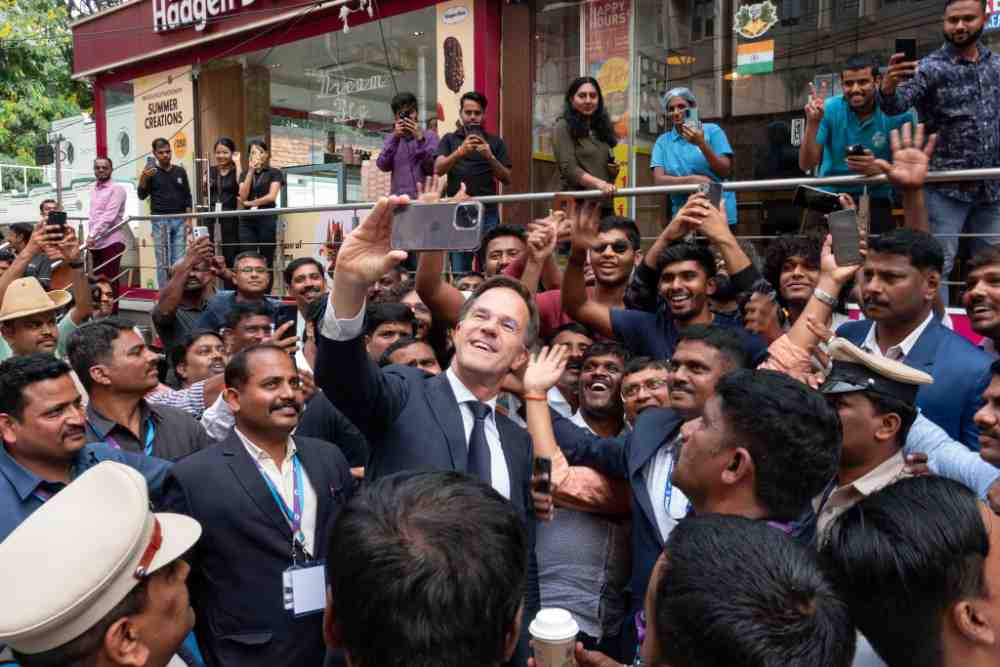
Nazara Technologies Ltd.
While discussing investment opportunities in Karnataka, it’s essential to note that Nazara Technologies Ltd., a gaming and sports media company, is listed on the National Stock Exchange of India and the Bombay Stock Exchange. As of September 12, 2023, its stock price stands at 883.350 INR. However, Nazara Technologies operates in a different sector and is not directly related to semiconductor manufacturing or the Dutch Prime Minister’s visit.
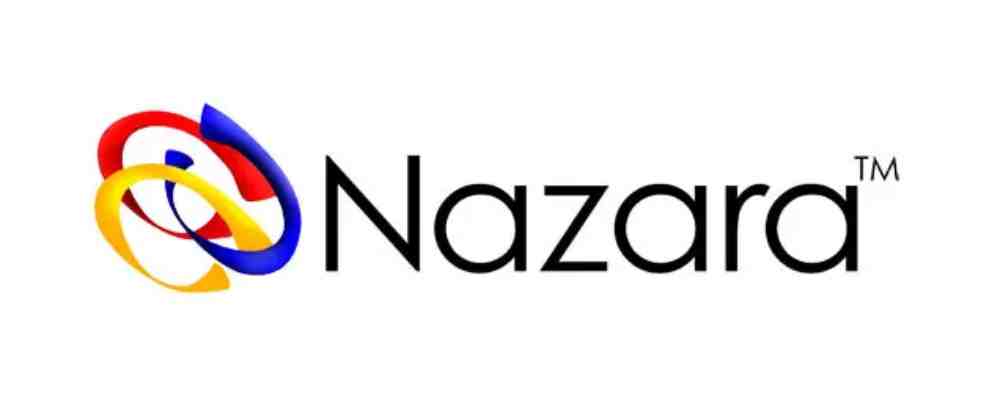
The Global Semiconductor Landscape
The semiconductor industry is a critical component of the global economy. Semiconductors are integral to various electronic devices, including smartphones, computers, and automobiles. The COVID-19 pandemic underscored the industry’s importance as it experienced a supply shortage, impacting sectors such as automotive and consumer electronics.
Rising Demand and Growth Prospects
The pandemic-induced semiconductor shortage led to increased demand for these microchips. Consequently, semiconductor manufacturers witnessed higher prices and profits. This scenario highlighted the industry’s resilience and its central role in today’s tech-driven world.
The semiconductor sector is poised for sustained growth in the coming years. The proliferation of electronic devices, the deployment of 5G technology, and advancements in artificial intelligence are fueling this expansion. Semiconductor manufacturers are at the forefront of innovation, contributing to the development of cutting-edge technologies.
Understanding India’s Digital Infrastructure
During his visit, Rutte also expressed interest in understanding India’s digital infrastructure, specifically the Unified Payments Interface (UPI) and its fast payments system. India showcased its digital public infrastructure, including Aadhaar and UPI, at the G20 Summit, positioning itself as a leader in the digital payments space. Rutte emphasized the need to address various issues such as privacy and banking system implications when considering such technologies.
The New Delhi Declaration
Rutte acknowledged that the New Delhi Declaration, issued during the G20 Summit, was a compromise. While it did not mention Russia and was less assertive on the Ukraine conflict compared to the Bali Declaration, it represented the collective effort of G20 members to find common ground. Rutte expressed satisfaction with some key elements in the declaration while acknowledging that, given a choice, he might have framed it differently.
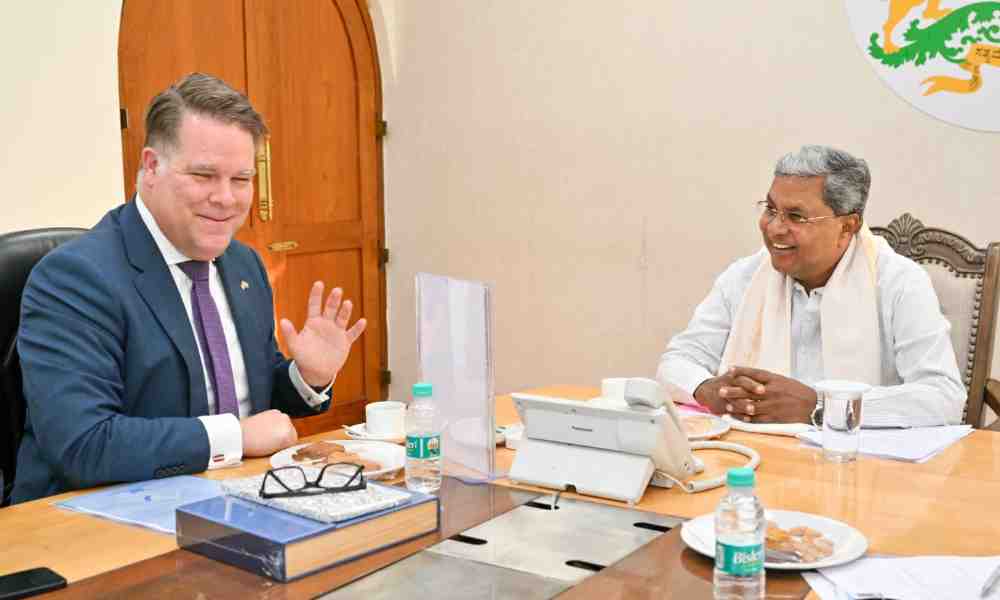
Dutch Prime Minister Mark Rutte’s visit to Karnataka signals a growing interest in India’s semiconductor sector, particularly in the dynamic state of Karnataka. This visit underscores the importance of international partnerships and investments in high-tech industries. Karnataka’s semiconductor policy and existing industry players position it as an attractive destination for further expansion in this critical sector.
